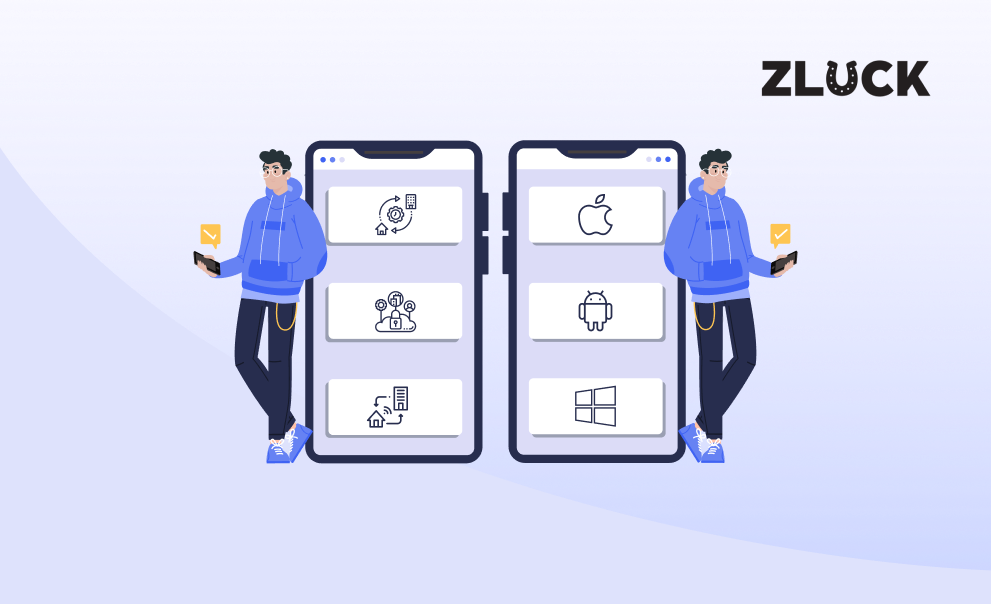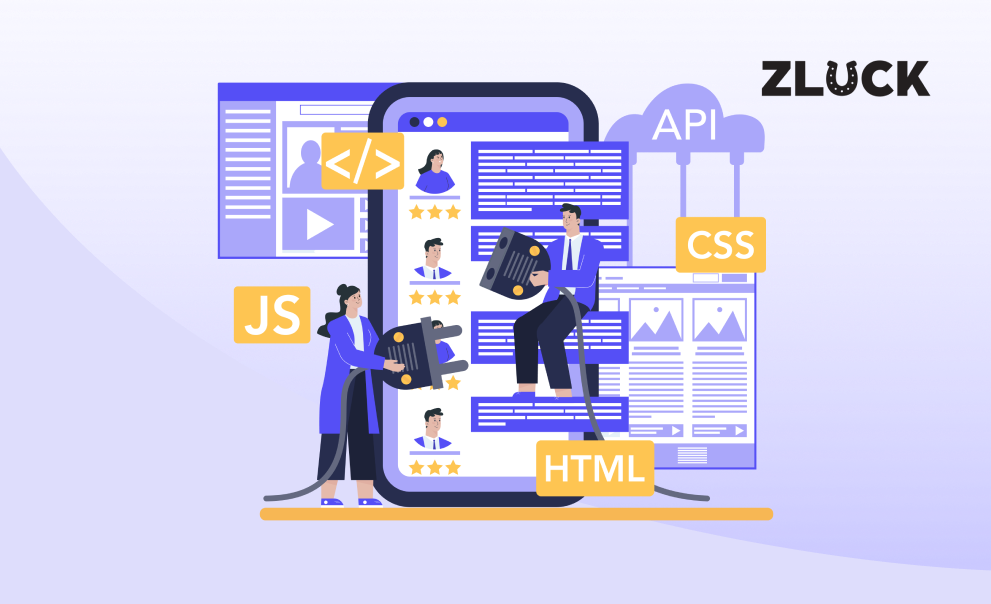If you are planning on making a mobile app for your business then there are chances you might be confused whether to go with a hybrid app or native app. There is no direct answer to this question so we have put up this blog to help you decide what kind of app will be best suitable for you and your business.
What is a Native App?
These apps are developed specially for the platform they are going to be used on. These apps require coding that is compatible with the particular Operating System. These apps aren’t cross platform compatible for instance Android Native Apps are developed using Java or Kotlin and iOS Native Apps are developed using Objective-C or Swift. None of the two can be used on the otherwise platform and are restricted to their own platform.
What is a Hybrid App?
These apps are platform agnostic and are single-code based unlike Native apps which require separate codes for separate Operating Systems. They are also referred to as cross-platform apps.
Differences
- The native apps offer you very good performance for instance the kind you see in high graphic games and likewise apps. While the hybrid apps which were said to be lacking good performance, are now not far behind with the invent of frameworks like ReactNative & Flutter. There was a time when hybrid apps built using Ionic or Phonegap were very poor in performance but it’s not the case anymore, in some cases ReactNative/Flutter have better performance than native apps.
- If you are going with native apps then you require two different apps for two different Operating Systems ( Android & iOS ) which directly increases the cost of app development. On the other hand with hybrid apps you can write a single code which can be used for multiple platforms eventually helping you cut your cost and get things done in less money.
- With native apps you can access the device’s features like camera, GPS, voice recorder, etc. easily and not worry about making the code more complex. Unlike before, now with frameworks like ReactNative and Flutter you can easily access complex device features like camera, GPS, etc. by integrating native libraries into the code.
- With native apps the maintenance of the apps will be costly as you will require two separate developers for Android and iOS and any minor changes or updates will require changes to be made in both Android and iOS code. With hybrid apps maintenance is one less thing to worry about as you only have to tweak a single code and the changes will be done on both the platforms.
- Native apps require more time to be developed as they aren’t easy compared to hybrid apps and also the languages used to create them are not easy ones. Creating two native apps for both the Operating Systems will obviously take up more time. When you are having a tight time constraint then hybrid apps let you deliver the product on time and without any hustle.
- When releasing minor updates in native apps the user will have to update the entire app from the app store to experience the changes while in hybrid apps the user can carry on without updating via the app store.
- When coding for a native app the developer has to recompile again and again to check the output of the code while developing hybrid apps in ReactNative, it gives you the feature of Hot Reloading which allows you to see the output in real time without recompiling your code again and again.
Conclusion
There is no real winner in this discussion. There are a lot of factors to consider when selecting the type of app you want to develop for your business.
Native Apps are no doubt good but in times when you can’t decide what kind of app to go for then hybrid app is always preferable as it is fully functional without any big budget and it also saves time and lets your business prosper without any delay. Also with latest frameworks like ReactNative and Flutter it’s even easier.
If you are interested in getting yourself a mobile app then check out Leading Mobile App Development Company














